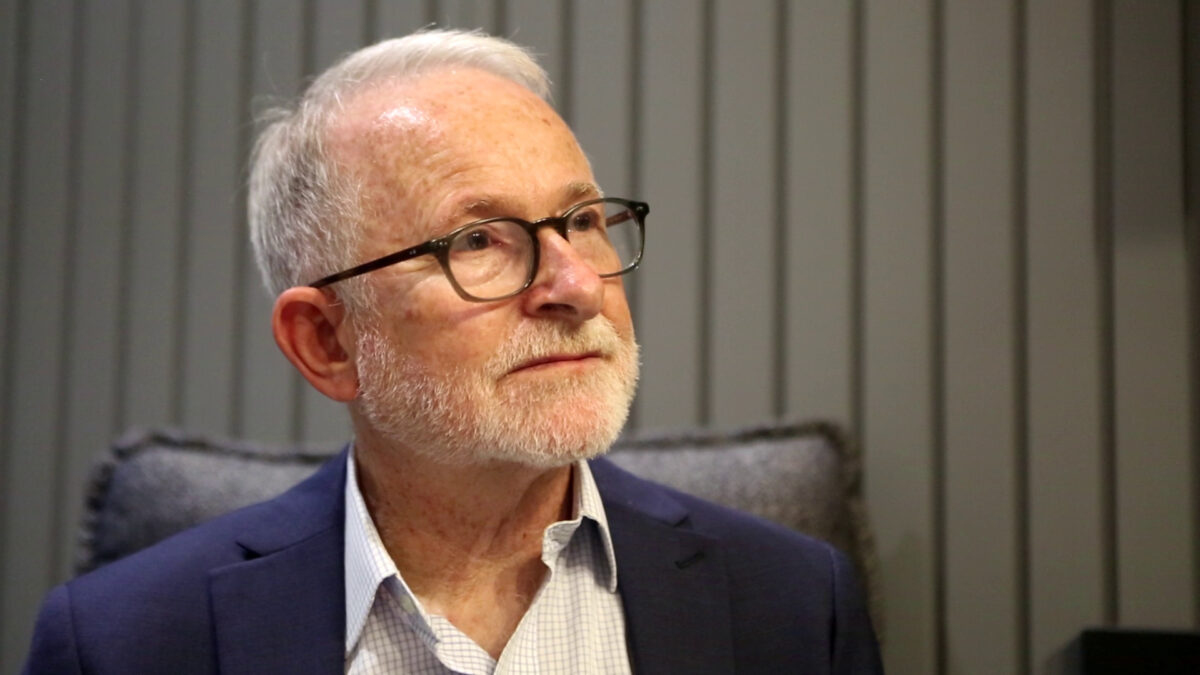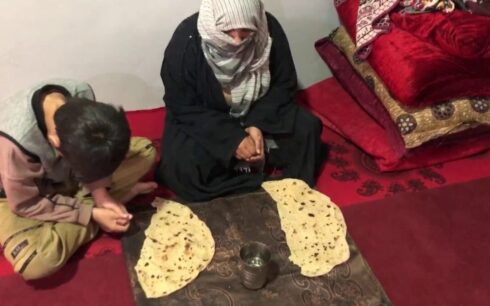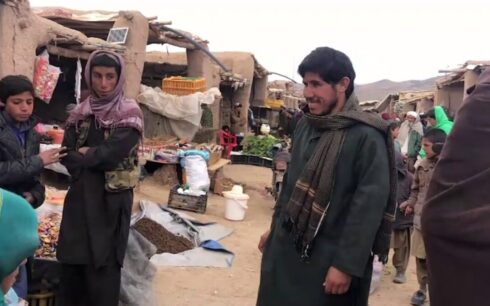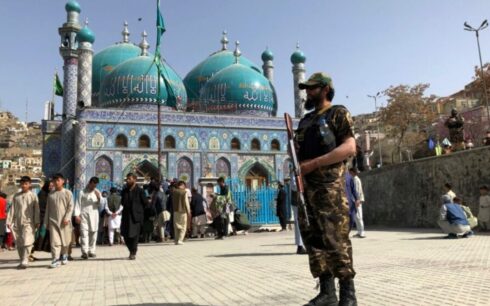A group of United Nations special rapporteurs, including Richard Bennett, issued a statement on Tuesday, urging Pakistan to immediately halt its planned mass deportation of 1.4 million Afghan nationals.
The Government of Pakistan, which has provided sanctuary to millions of Afghan refugees for decades, recently declared that all “undocumented” foreign nationals must leave the country by November 1 or face deportation to their respective countries of origin.
These proposed deportations would significantly impact over 1.4 million Afghan nationals, including many who sought refuge in Pakistan due to severe human rights concerns and a humanitarian crisis in Afghanistan.
The UN experts expressed deep concerns about the risk of refoulement, which could lead to the forced return of Afghan nationals, including families, women, and children, placing them at risk of irreparable harm, such as serious human rights violations and abuses in their home country.
“We call on Pakistan to uphold the fundamental and non-derogable principle of non-refoulement and prevent collective expulsion and forced return,” the experts emphasized.
They further stressed that the absence of domestic asylum laws and procedures does not exempt states from their obligation to uphold the principle of non-refoulement under international human rights and customary law. The prohibition of refoulement is explicitly enshrined in the Convention against Torture and Other Cruel, Inhuman, or Degrading Treatment or Punishment, to which Pakistan is a State party.
In a letter dated December 23, 2021, this group of UN experts had already urged Pakistan to suspend deportations of Afghan nationals following the Taliban’s takeover. They recommended that deportations should cease until the circumstances and human rights situation in Afghanistan allow for safe and dignified returns.
“Pakistan should halt all forced returns and continue to provide shelter to Afghan nationals who sought safety,” the experts asserted. “The government must also ensure their unrestricted access to procedures where their individual human rights protection requirements, aligned with international human rights and refugee standards, are thoroughly assessed.”
The experts conveyed concerns regarding reports of mistreatment, exploitation, and undignified treatment of Afghans living in Pakistan, particularly since Pakistan announced its repatriation plans.
They emphasized that priority should be given to those with heightened protection needs, including Afghan women, girls, the elderly, former Afghan government officials, security personnel, human rights defenders, civil society activists, and media workers who may face a well-founded fear of persecution based on gender, religion, or ethnicity.
The experts also acknowledged Pakistan’s long-standing hosting of Afghan nationals, recognizing their positive contributions to Pakistan, and called upon the international community and member states to continue facilitating the secure resettlement of at-risk Afghans in other countries and ensuring their protection.
The UN experts encouraged Pakistan to maintain collaboration with relevant UN entities to ensure the safety and protection of those seeking refuge in the country.





